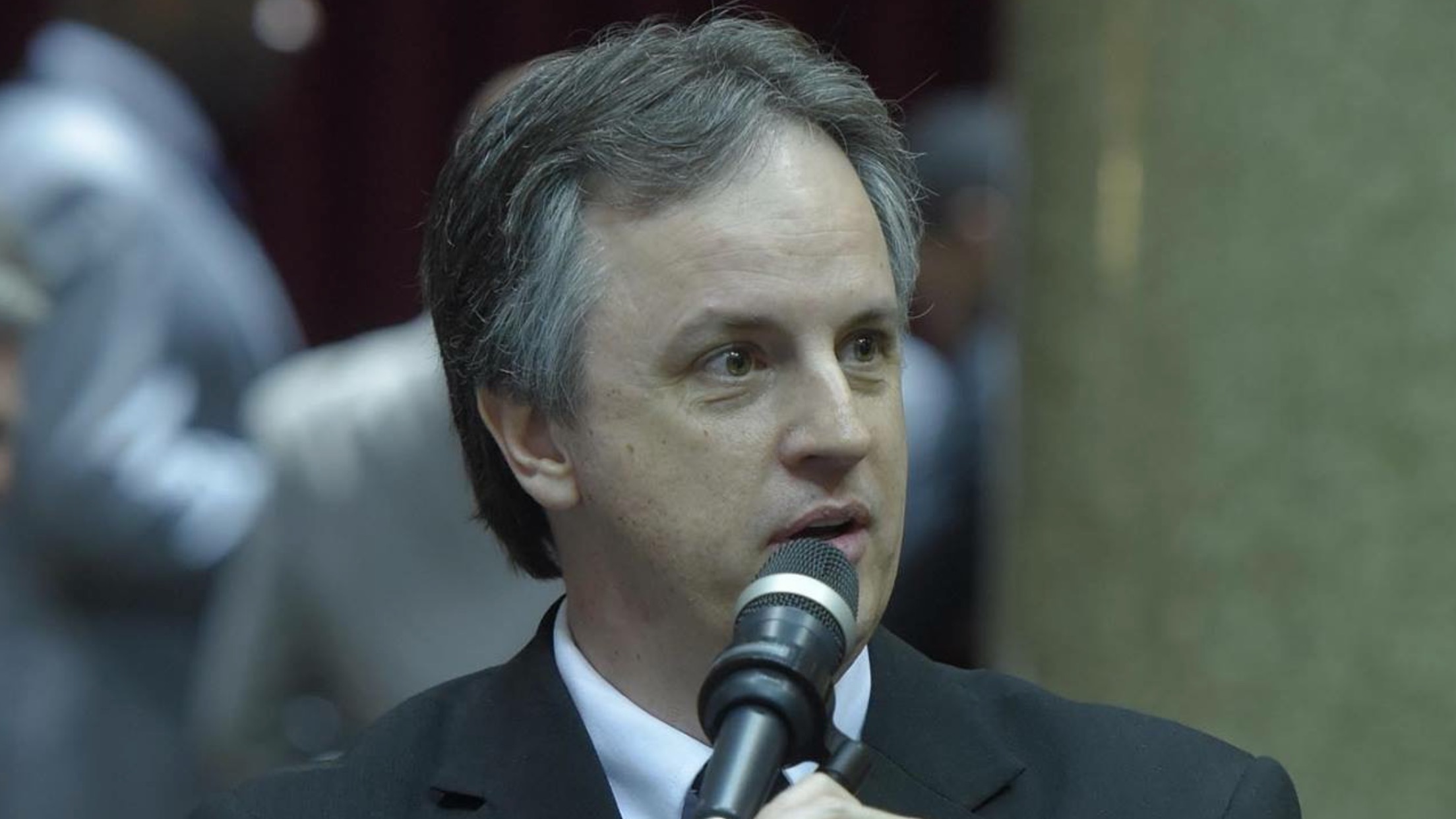JEFFERSON CITY, Mo. — More small towns in the Show-Me State would get the option not to hold elections for uncontested positions under legislation perfected by the House.
Rep. J. Eggleston’s bill changes the threshold of which towns can be non-elections town.
Under current statute, Missouri towns, cities or villages with a population of 1,000 or fewer have the option of not holding an election for elections with uncontested positions. HB 1446 ups the population threshold to 2,000 or fewer.
“Right now, if our small towns need to have an election for mayor, eastolderman, westolderman and it turns out that only one person files for every seat, then there really isn’t a need to have an election,” Eggleston said. “And it costs money for these small towns to be part of the elections. So, they can opt to not even have to the election and have everybody win by acclamation.”
Eggleston did some research on his own and found that the expansion of the population threshold in his bill would give an additional 110 towns — who have a population range of 1,000-2,000 people — the options of becoming non-election towns. Eggleston looked at the elections between 2005-2017 of the 30 towns in his district and found that 44 percent of the time, the entire election slate was academic.
“So, 44 percent of the time our small towns didn’t need to bother with the cost and expensive of having elections,” Eggleston concluded to his analysis.
But “putting cost-savings in front of our democracy” didn’t sit well with everyone.
“Where do we stop in altering the face of our elections?” Rep. Stacey Newman asked.
“I already see the trap we are going down,” she said. “Making it harder to actually be eligible to vote, now we are making it harder to show up to vote and then now we are just pulling the elections away.”
Rep. Joe Adams doesn’t think the state should tie election access to money, “and that’s what’s happening.”
For uncontested positions, towns that choose not to have an election would also eliminate the possibility of a write-in candidate, according to Adams.
Under the proposed legislation, towns would have to vote to become a non-election town, and then renew that status every six years.
“If voters don’t want to do this,” Eggleston said, “they don’t have to.”

Alisha Shurr was a reporter for The Missouri Times and The Missouri Times Magazine. She joined The Missouri Times in January 2018 after working as a copy editor for her hometown newspaper in Southern Oregon. Alisha is a graduate of Kansas State University.










